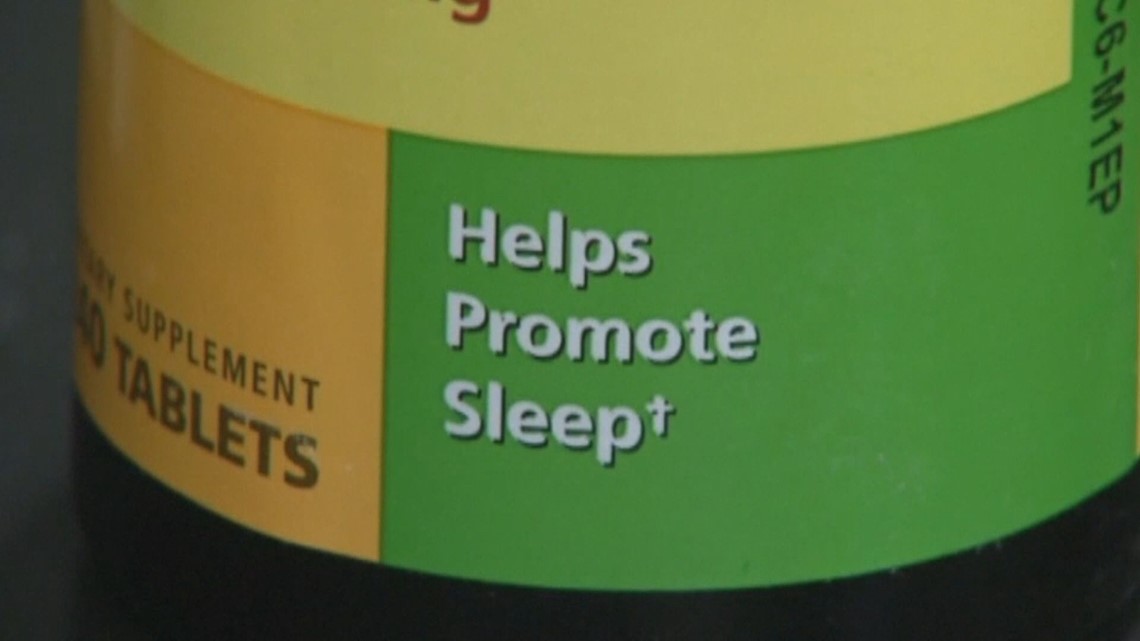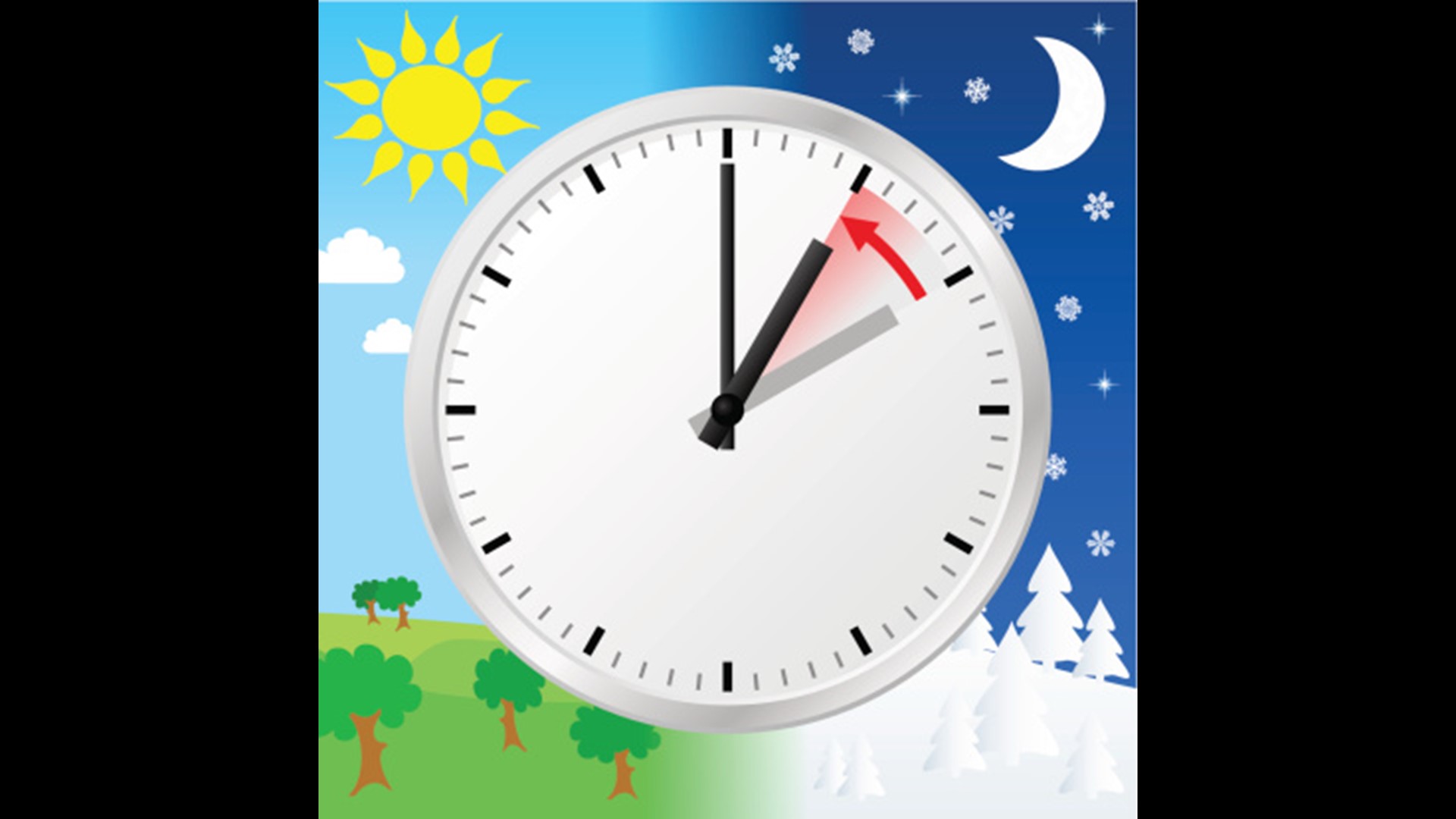DENVER, Colorado — Dinner, bath, story, and lights out.
That’s what bedtime looks like in Laura Reed’s household most nights, but on some rare occasions she adds a small, chewable pill into the mix.
Reed is one of many mothers turning to Melatonin to help her children get and stay on a regular sleep schedule.
Reed first gave her daughters Zoey and Lexi Melatonin in December of 2018 while on vacation in Orlando.
“They were excited to be in Orlando…there was no way they were going to get in bed when they needed to so I went over to CVS and got some Melatonin to try it out. I’d say within about 30-45 minutes it was working, they were sleeping,” Reed told 9NEWS.
The bottle Reed bought for her two daughters in December contained 30, 1-milligram Melatonin pills.
The Monday following the change to Daylight Saving Time, Reed still had 8 pills left.
“Personally, I’m not one who likes to give them medicine like that because I don’t know if they’ll become dependent on it. I know with adult ones, there is sometimes a chance of dependency and I don’t want that for them,” Reed said.


Dr. Mihir Patel, a family medicine physician at UCHealth, told 9NEWS that while there isn’t a lot of data on pediatric use of Melatonin, one study that tracked pediatric use for up to four years “showed no long-term effects.”
Dr. Patel said doctors mainly use it to treat documented circadian phase delay, also known as jet-lag, in patients and children.
He said Melatonin is rarely a go-to for doctors, with patients complaining of a difficulty adjusting to Daylight Saving Time.
Instead, Dr. Patel recommended parents focus on keeping kids on a regular sleep schedule, turning off all electric media before bedtime, and eliminating naps.
Pediatric Sleep Consultant Gaby Wentworth recommended parents focus on natural Melatonin production while adjusting to Daylight Saving Time.
Wentworth said using natural light to parents’ benefit is ideal.
She suggested using blackout shades or even tinfoil over windows to block light as bedtime nears.
Wentworth told 9NEWS she never suggests Melatonin to her clients.
While there are few known side effects of pediatric use of Melatonin according to Dr. Patel, proper dosage is key.
Dr. Patel recommended a 1-milligram dose for infants, 2.5 to 3-milligrams for older children, and 5-milligrams for adolescents.
Laura Reed still errs on the side of caution with her two daughters.
“They’re too little to be dependent on something like that and I would never want that,” she said.
She watches carefully for signs of dependency like “if I couldn’t wake them up in the morning or if they’re sleeping longer than what they would normally sleep.”
She reserves her final few Melatonin pills for nights when her youngest, Lexi, is having nightmares or when they have an unusually early early wake-up call.
SUGGESTED VIDEOS | Local stories from 9NEWS

